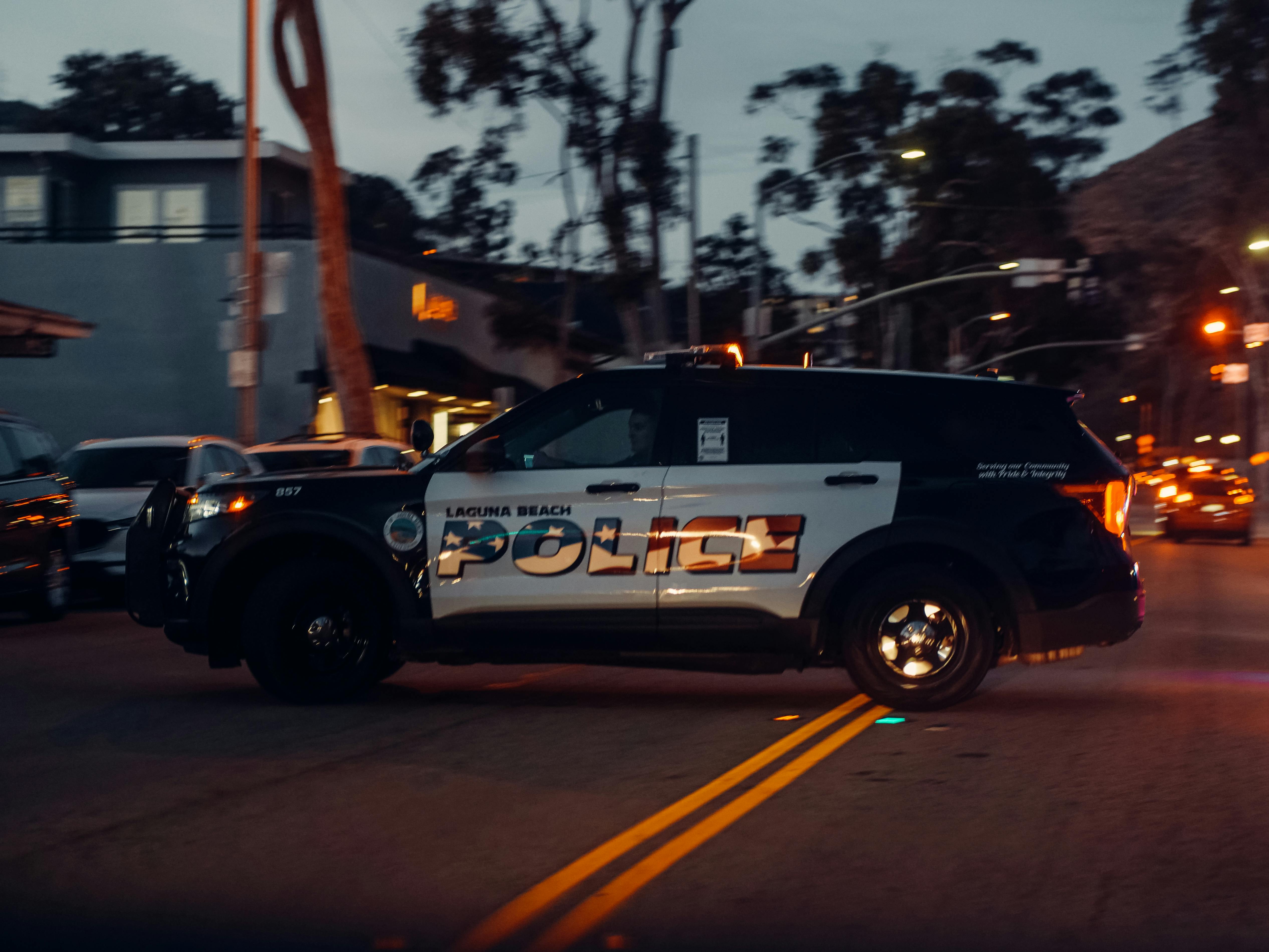The penalties that first-time minor DWI offenders face may vary, but typically include fines, community service and a license revocation or suspension. Depending on the facts of your case (including your alcohol content, or BAC), however, penalties may be harsher.
In the United States, it is illegal to operate a vehicle with a BAC of .08% or more (.05% in Utah), or while impaired by alcohol or drugs.
But for drivers under the legal drinking age of 21 in Minnesota, the laws are stricter — any detectable amount of alcohol in your system can result in a DWI charge called Underage Drinking and Driving (U-DAD). And if the alcohol is measured at 0.08 or more, anyone over the age of 15 will be subject to the same penalties as an adult, including potential incarceration.
Here’s why you should trust me: I’ve been a lawyer in Minnesota since 1987. I was named Attorney of the Year by Minnesota Lawyer three times — and I’ve been included on the list of the Best Lawyers in America every year since 2007. In 2021, I was named a "Minnesota ICON" in the field of criminal defense.
What are the most common penalties for first-time minor DWI offenders?
A first-time U-DAD is a misdemeanor offense, which means it is punishable by up to 90 days in the county jail and up to a $1,000 fine. It also carries a license suspension of 30 days.
A first-time minor DWI is usually charged as a misdemeanor, unless aggravating factors are present. This is also called a fourth-degree DWI. Aggravating factors include having a previous DWI conviction within the last 10 years, having a person under the age of 16 in the car (that you are more than 3 years older than), testing double the legal limit (0.16) or more, or if the DWI resulted in serious injury or death.
Again, if the case is a misdemeanor DWI with no aggravating factors, the maximum penalties include fines up to $1,000 and jail time up to 90 days.
Other possible penalties include:
- License revocation of 90 days (180 days if under 21)
- Alcohol education
- Community service
- Ignition interlock device installation
While the exact penalties of your case may vary, one thing is for certain: having a criminal record will result in collateral consequences, such as affecting college applications, scholarships, employment prospects, travel, insurance rates, and more.
This is why we always recommend doing everything you can to fight your charges and to avoid a conviction altogether — the right defense lawyer is the first step to getting you there.
Understanding underage drinking laws in Minnesota
The terms "DUI" and "DWI" in Minnesota both refer to the same offense: the act of driving or controlling a motor vehicle while impaired by alcohol, a controlled substance, or some combination of impairing substances.
Minnesota’s Not-a-Drop Law
While DWI has been a crime in Minnesota since 1911, it has only been since 1993 that the laws have prohibited any amount of alcohol for drivers under 21. The “Not a Drop” law was introduced alongside an enhancement for child endangerment in DWI offenses.
How long will a DWI conviction remain on my record?
In Minnesota, a DWI conviction remains on your official driving record permanently and on your criminal record indefinitely unless it is expunged.
How to defend against this charge
The consequences of a DWI conviction go beyond the initial penalties of jail time or fines — having a criminal record can seriously alter your future.
Minnesota has the most complicated DWI law anywhere in the country. That means lots of opportunity for a driver to get caught up in the system, but it also means lots of opportunities for police officers to screw things up. And always remember, just as you are expected to obey the law, so are police officers. A defense lawyer's job is not to prove you are innocent. Our laws require no such thing. The defense lawyer’s job is to get in the way of the state proving your guilt.
If you’re under 21 and have been charged with a DWI, you need to hire a defense lawyer who is willing to fight for you — not just to secure a quick plea deal. Pleading to something does not “get it over with” – it simply starts the next chapter in your life. A chapter where you are now a convict. What you need is someone who knows how to win a DWI case standing in your corner to make sure that if there is a way to win, it will be found.
Schedule a free consultation below to get started.


